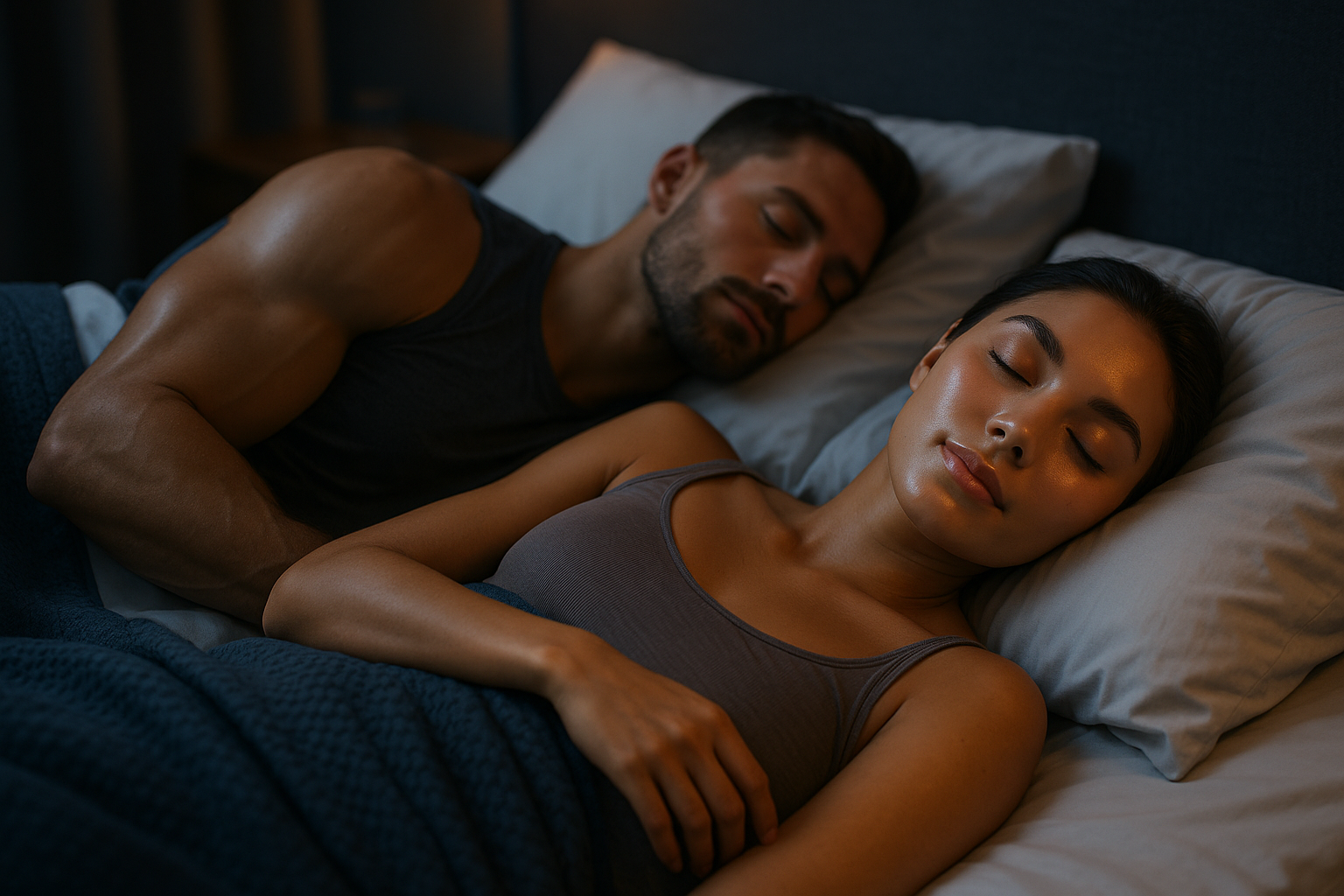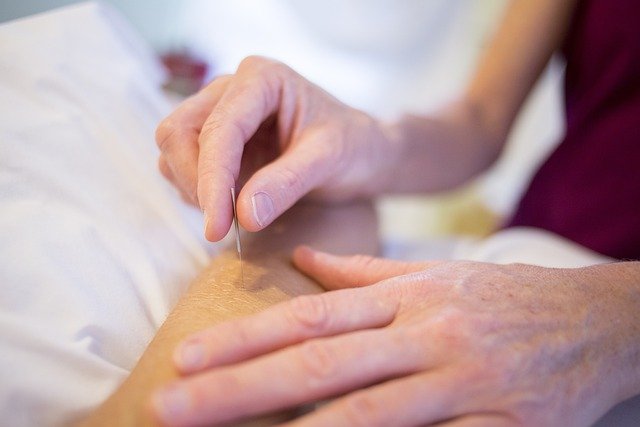Natural Sleep Aids: Effective Techniques for Better Rest
Natural sleep aids like calming teas, aromatherapy, and bedtime routines can support better rest without medication. Simple techniques such as limiting screen time and keeping a consistent schedule may help reset your sleep cycle for more restful nights.

What Are the Most Effective Natural Sleep Techniques?
Natural sleep techniques focus on creating optimal conditions for your body to naturally wind down and prepare for rest. These methods work by addressing common barriers to sleep, such as stress, overstimulation, and irregular sleep patterns. Some of the most researched and effective natural approaches include progressive muscle relaxation, deep breathing exercises, and meditation practices that calm the nervous system.
Temperature regulation plays a crucial role in natural sleep enhancement. Your body temperature naturally drops as bedtime approaches, signaling to your brain that it’s time to sleep. You can support this process by keeping your bedroom between 60-67 degrees Fahrenheit and taking a warm bath or shower before bed, which causes your body temperature to drop afterward, promoting sleepiness.
Which Sleep Techniques Work Best for Different Sleep Problems?
Different sleep challenges require tailored approaches for optimal results. If you struggle with racing thoughts at bedtime, cognitive techniques like journaling or the “4-7-8” breathing method can help quiet mental chatter. This technique involves inhaling for 4 counts, holding your breath for 7 counts, and exhaling for 8 counts, which activates your body’s relaxation response.
For those who have difficulty falling asleep due to physical tension, progressive muscle relaxation proves highly effective. This technique involves systematically tensing and then releasing different muscle groups throughout your body, starting from your toes and working upward. The contrast between tension and relaxation helps your body recognize and achieve a deeper state of physical calm.
Sleep restriction therapy, though counterintuitive, can reset disrupted sleep patterns by temporarily limiting time in bed to match actual sleep time. This creates mild sleep deprivation that makes falling asleep easier and consolidates sleep into more continuous blocks.
What Tricks and Tips for Sleeping Should You Try Tonight?
Simple environmental modifications can dramatically improve your sleep quality starting tonight. Create a technology-free bedroom by removing phones, tablets, and televisions, or at minimum, stop using screens at least one hour before bedtime. Blue light from electronic devices suppresses melatonin production, your body’s natural sleep hormone.
Establish a consistent pre-sleep routine that signals to your brain that bedtime is approaching. This might include dimming lights, listening to calming music, gentle stretching, or reading a physical book. The key is consistency – performing the same sequence of activities each night trains your body to expect sleep.
Consider the timing and content of your evening meals and beverages. Avoid large meals, caffeine, and alcohol within three hours of bedtime. Instead, if you’re hungry, opt for a light snack containing tryptophan (found in turkey, milk, or bananas) or complex carbohydrates that can promote sleepiness.
The “cognitive shuffle” technique can help when your mind won’t quiet down. Simply think of a random, emotionally neutral word and then try to visualize as many objects as possible that start with each letter of that word. This occupies your conscious mind with a boring task, allowing sleep to naturally occur.
Natural Sleep Aids: Popular Products and Pricing
Many people turn to natural sleep aid products to supplement their sleep hygiene practices. The market offers various options at different price points to suit different budgets and preferences.
| Product Type | Common Brands | Average Cost Range |
|---|---|---|
| Melatonin Supplements | Nature Made, NOW, Natrol | $5-$20 per bottle |
| Herbal Teas | Celestial Seasonings, Traditional Medicinals | $3-$12 per box |
| Essential Oils | doTERRA, Young Living, Plant Therapy | $10-$40 per bottle |
| White Noise Machines | Marpac, LectroFan, Hatch | $20-$100 per device |
| Weighted Blankets | Gravity, YnM, Bearaby | $50-$200 per blanket |
Prices, rates, or cost estimates mentioned in this article are based on the latest available information but may change over time. Independent research is advised before making financial decisions.
Creating an effective sleep environment doesn’t require expensive purchases. Many of the most effective natural sleep techniques cost nothing to implement and focus on optimizing your existing sleep space and habits. However, some individuals find that investing in quality sleep accessories enhances their overall sleep experience and makes maintaining good sleep hygiene easier.
Building Your Personal Sleep Strategy
The most effective approach to natural sleep improvement involves combining multiple techniques rather than relying on a single method. Start by addressing the fundamentals: maintaining consistent sleep and wake times, creating a cool, dark, quiet sleep environment, and establishing a relaxing bedtime routine.
Experiment with different natural sleep techniques to discover what works best for your specific situation and preferences. Keep a sleep diary to track which methods provide the most benefit, noting factors like how quickly you fall asleep, how often you wake during the night, and how refreshed you feel in the morning.
Remember that natural sleep improvements often take time to show full effects. Unlike prescription sleep medications that work immediately, natural approaches typically require consistent practice over several weeks to establish new sleep patterns and see lasting results.
Quality sleep is fundamental to your overall health and daily performance. By incorporating natural sleep techniques into your routine, you can improve your sleep quality without relying on medications, while also developing sustainable habits that support long-term sleep health. Start with one or two techniques that appeal to you, and gradually build a comprehensive natural sleep strategy that fits your lifestyle and addresses your specific sleep challenges.
This article is for informational purposes only and should not be considered medical advice. Please consult a qualified healthcare professional for personalized guidance and treatment.




